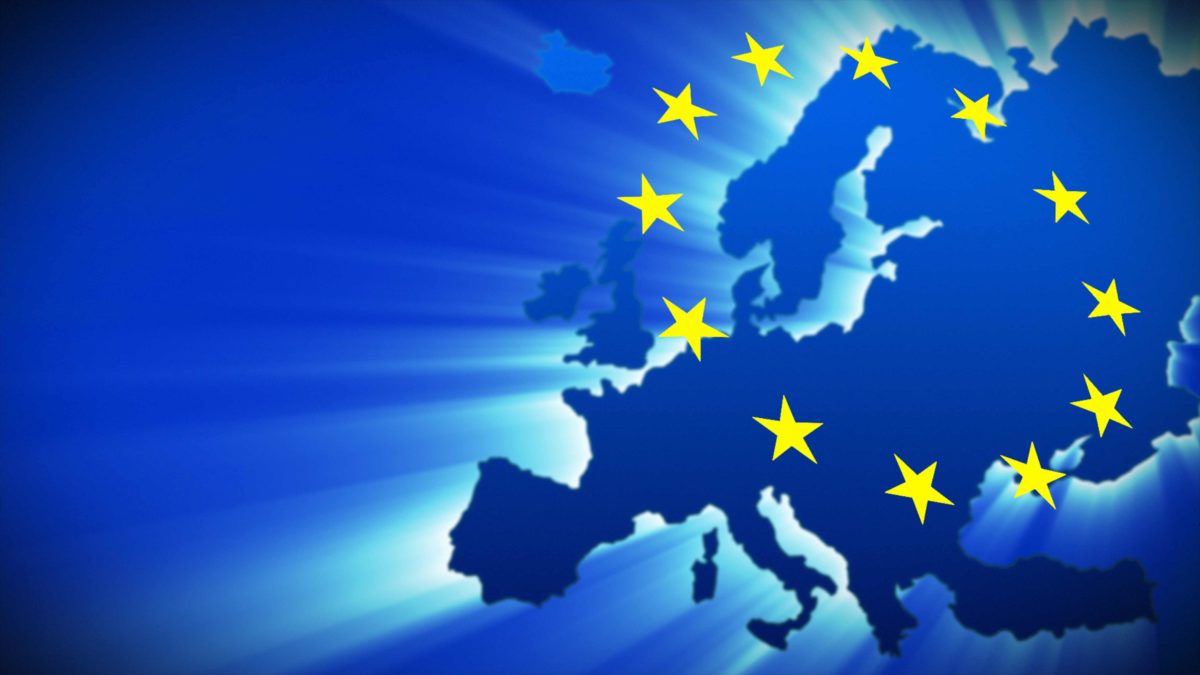Ireland must catch the European winds of change
Kevin Callinan
25th May 2020
During the last financial crisis most Irish citizens were too busy making ends meet to pay much attention to the intricacies of the EU’s stringent new fiscal rules, which largely determined Irish living standards for almost a decade.
Now the winds of change are blowing through Brussels and other European capitals again, with a number of recent announcements and publications that suggest a sharp switch in political direction, accelerated by the impact of Covid-19.
The Franco-German proposal for a €500 billion recovery fund, supported by EU borrowing, appears to have strong backing within the Commission, although there’s still resistance from the so-called ‘frugal four.’ The Commission itself is reported to prefer an even stronger response comprised of loans and grants.
Country specific recommendations, known as CSRs, focus on the immediate fiscal, economic, employment and social responses to the crisis, with an emphasis on health and medium-term reform and investment to get us back to sustainable and inclusive growth.
The proposal is based on four measures – developing strategic health sovereignty; an ambitious recovery fund for solidarity and growth; speeding up the green and digital transition, and; enhancing economic and industrial resilience to provide new impetus to the single market. It was significant that the EU’s most influential nations couched their initiative in terms of learning lessons for the future of the European project.
On Wednesday the Commission published its European Semester Spring Package, which included country specific recommendations (CSRs) for each member state. With the Stability and Growth Pact escape clause now activated, the CSRs focus on the immediate fiscal, economic, employment and social responses to the crisis, with an emphasis on health and medium-term reform and investment to get us back to sustainable and inclusive growth.
The CSR for Ireland highlights “the structural limited efficiency, flexibility, resilience and accessibility of its healthcare system”, and says plans for the implementation of Sláintecare remain vague. On unemployment, it calls for upskilling and reskilling, in cooperation with social partners, to prepare the workforce for the climate, energy and circular economy transition.
It adds that the digitisation of education and work should not increase educational and social inequalities.
And it includes recommendations aimed at improving infrastructure and social housing, providing liquidity to businesses and households struggling because of the coronavirus, frontloading public investment projects, advancing climate action, improving productivity, rolling out publicly-supported broadband, broadening the tax base, and looking at combating aggressive tax planning.
The emphasis on the resilience of health systems is significant. It’s generally acknowledged that the pandemic has produced a tremendous national effort, led by the health service and our heroic our frontline staff, and supported by the wider public service.
But this can’t conceal the fact that our infection rates, notably among healthcare workers, are poor by comparison to countries like Germany with better health systems. The same is true of Irish mortality rates.
The CSR for Ireland focuses on healthcare, while on unemployment, it calls for upskilling and reskilling, in cooperation with social partners, to prepare the workforce for the climate, energy and circular economy transition.
It’s difficult not to conclude that historical underfunding of our public system, coupled with a convoluted model of private provision in acute hospitals and residential and homecare settings, has impaired our ability to maximise a fully coherent and integrated response.
Many businesses will struggle to reopen after the lockdown and Ireland’s high dependence on tourism, particularly in the regions, does not bode well for a short-term employment bounce-back. Proposed reform of the Common Agricultural Policy (CAP) will simultaneously hit rural areas hard, adding to the challenges posed by the necessary transition to a green economy.
The EU recovery plan will be linked to Europe’s multi-annual financial framework, which will set the Union’s budget between 2021 and 2027. There are some downsides for Ireland, which will become a net contributor to the EU’s budget, while corporate tax consolidation will remain on the agenda.
These difficulties were coming regardless of the pandemic. But, unlike in 2008-2013, last week’s developments hold out hope of EU-level support to help Ireland address its infrastructure and labour market challenges.
Unlike the conditions that prevailed a decade ago, Europe appears to be moving in what might be characterised as a social democratic direction.
Opportunities beckon too, as Europe seeks to protect supply chains and to assert its economic and industrial sovereignty. This must suit sectors like all pharma, biotechnology and medical devices, where Irish manufacturing is well established.
Meanwhile, we still depend on European solidarity as Brexit uncertainty and brinkmanship continue, with the real risk of a crash-out that could devastate the employment-rich food sector and other industries.
So unlike the conditions that prevailed a decade ago, Europe appears to be moving in what might be characterised as a social democratic direction. It was disappointing that finance minister Paschal Donohoe’s didn’t take up this theme in his recent address to the Institute of International and European Affairs, preferring instead to emphasise his previously-expressed cautions against excessive borrowing.
Irish people will pay closer attention to the events in Brussels, Strasbourg and Frankfurt this time round, and rightly so. In the trade union movement, we’ll be ready to articulate the need to avoid poor domestic political choices that hurt ordinary workers and their families and put the concerns of citizens down the agenda.
***
Kevin Callinan is general secretary of Fórsa and is vice president of ICTU. He is a member of the executive board of Public Service International having served previously as a senior figure in the European Federation of Public Service Unions.
It’s never been more important – or easier – to get the protections and benefits of union membership. Join together with over 80,000 Fórsa members HERE or contact us HERE.

